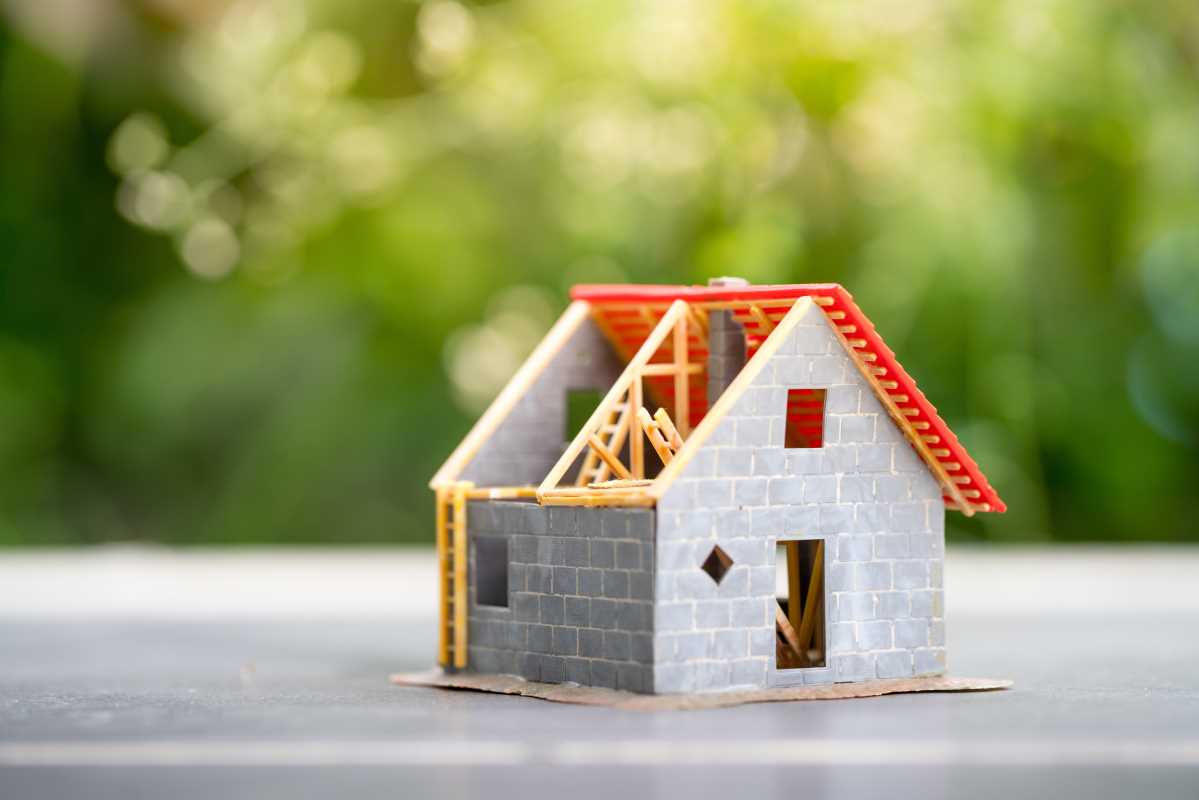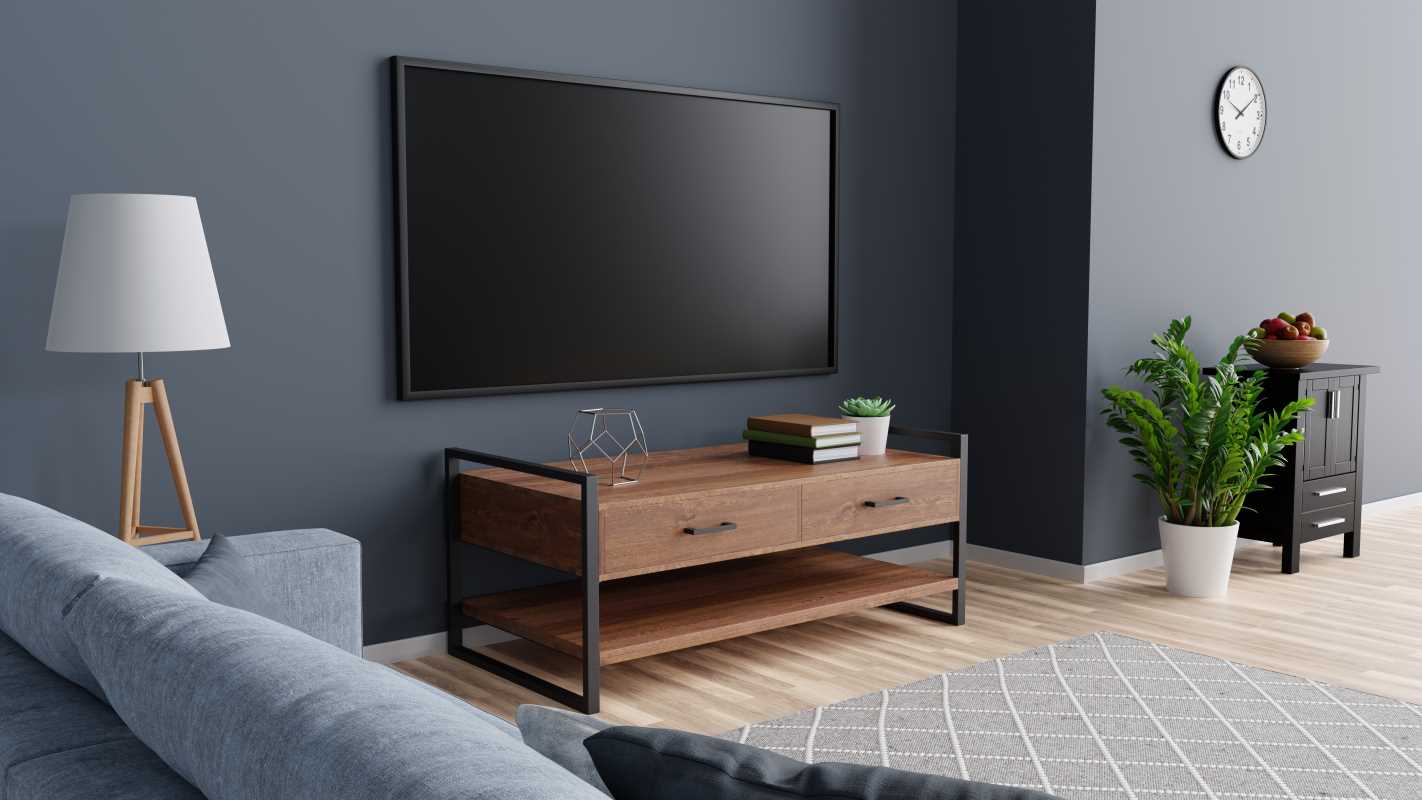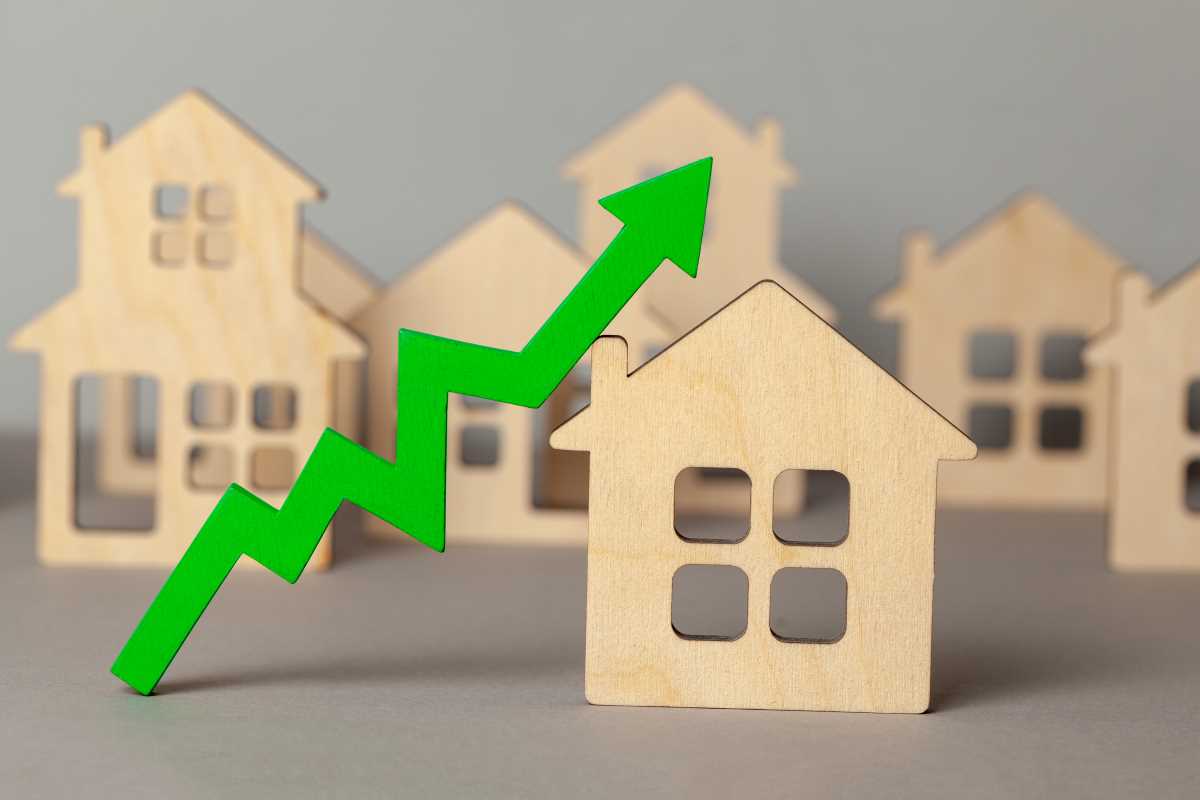Ignoring necessary home repairs can seem tempting to save time or money in the short term, but this approach often leads to bigger problems. When left unresolved, minor issues can snowball into major repairs, causing inconvenience, potential safety hazards, and significant financial strain. Below, we’ll look at some common home repairs people often overlook, along with the potential consequences of neglecting them.
Leaky Roof
A leaky roof is one of those issues that might appear harmless at first. A small drip here or a damp patch there might seem like a minor problem that can be postponed. However, as time passes, even the smallest leak can lead to serious issues. Water seeping through the roof can damage insulation, compromise wooden structures, and contribute to mold growth, which can impact indoor air quality and the health of your household. Over time, water damage can also weaken the structural integrity of your roof, potentially leading to costly repairs or even replacement.
Another issue caused by a leaky roof is increased energy bills. When your roof has a gap, warm air in winter and cool air in summer can easily escape, forcing your HVAC system to work harder to maintain indoor temperatures. The cost of promptly repairing a leaky roof is generally much less than the cost of repairing extensive water damage, mold remediation, or addressing structural repairs down the line.
Faulty Plumbing
Plumbing issues, such as leaky faucets, slow drains, or a toilet that runs continuously, may seem like minor annoyances, but they can be costly in the long term. For instance, a small leak can waste gallons of water over time, leading to higher utility bills. Even minor leaks can gradually worsen, causing water to accumulate in areas where it shouldn’t, resulting in mold growth and potential structural damage.
Water leaks, especially in hidden or hard-to-reach places, can lead to rotting wood, compromised drywall, and mold infestations that pose health risks. Mold spores can exacerbate respiratory issues and allergies. Plus, if the leak reaches electrical systems, it could lead to even more serious hazards, such as short circuits or fires. Addressing plumbing issues early can prevent these problems and save on costly repairs, keeping your home safe and your water bills manageable.
Electrical Problems
Electrical issues are one of the most dangerous to ignore due to the risk of fire and electrocution. Flickering lights, frequent tripping of circuit breakers, or outlets that feel warm to the touch are signs that should never be ignored. These are usually indicators of underlying electrical problems that, if left unattended, can lead to dangerous situations.
Faulty wiring is a common cause of house fires, especially in older homes where wiring systems may not have been updated to meet modern safety standards. If you notice any unusual signs, such as buzzing sounds near outlets or a burning smell, it’s crucial to contact a licensed electrician. Addressing electrical problems early can prevent these hazards, protecting your home and the people within it.
Cracked Foundation
The foundation of your home is crucial to its stability. Cracks in the foundation can occur due to natural settling, temperature fluctuations, or water infiltration. While some small cracks may not seem like an immediate threat, larger or widening cracks can be a sign of a more serious issue that requires professional attention. Neglecting foundation problems can lead to structural instability, which affects everything from walls to floors to windows and doors.
Over time, foundation issues can allow water to enter the basement or crawl spaces, leading to dampness, mold growth, and even pest infestations, as pests can easily enter through small foundation gaps. Additionally, if foundation problems aren’t addressed, your home’s structural integrity could be compromised, potentially making it unsafe to live in and reducing its resale value. Investing in foundation repairs can save you from expensive structural repairs in the future and keep your home secure.
Faulty HVAC System
A heating, ventilation, and air conditioning (HVAC) system is essential for maintaining indoor comfort. However, if this system is not regularly maintained, it can become less efficient, leading to higher energy bills and reduced comfort levels in your home. If you notice unusual noises, reduced airflow, or uneven heating or cooling, these could be signs that your HVAC system needs attention.
Ignoring these issues can lead to a breakdown during extreme weather conditions when you rely on your system the most. Additionally, faulty HVAC systems can negatively impact indoor air quality, which can cause health issues for household members with respiratory problems. Regular maintenance, such as changing filters, cleaning ducts, and inspecting components, can help extend the lifespan of your system, improve efficiency, and maintain a comfortable home environment.
Inadequate Insulation
Many homeowners overlook insulation, but inadequate insulation can lead to numerous problems. Poor insulation makes it harder for your home to retain heat in the winter and stay cool in the summer, leading to increased energy consumption and higher utility bills. Temperature fluctuations caused by poor insulation also put extra strain on your HVAC system, potentially shortening its lifespan.
Additionally, inadequate insulation can contribute to moisture problems, which can lead to mold growth in places like attics and basements. Proper insulation also reduces noise from outside, creating a more comfortable and peaceful living environment. By investing in quality insulation, you can enhance energy efficiency, lower utility costs, and create a healthier indoor environment for you and your family.
Pest Infestations
Pest infestations are often the result of neglecting other home repairs, such as cracks in the foundation, leaky roofs, or damaged windows. Pests, such as rodents, insects, and termites, can enter your home through even the smallest gaps and quickly become a major problem. Ignoring an infestation can lead to significant structural damage, health risks, and expensive extermination costs.
Rodents and insects are known to damage insulation, wiring, and woodwork. Termites, for example, can cause thousands of dollars in structural damage if left untreated. Furthermore, pests can carry diseases that may pose health risks to your household. Regularly inspecting your home for signs of pest activity and addressing entry points can prevent infestations and avoid potential damage.
Ignoring home repairs may seem like a way to save money or time initially, but the long-term costs of neglecting common maintenance can be substantial. From structural concerns to health and safety risks, addressing minor repairs when they first appear can prevent serious problems down the road. By staying proactive and attentive to your home’s maintenance needs, you protect your investment and ensure a safe and comfortable environment for you and your family.
Regular inspections and preventative maintenance are essential for preserving your home’s value and integrity. Taking the time to fix small issues before they escalate can save you money, reduce stress, and help you avoid the inconvenience of major repairs. By prioritizing the upkeep of your home, you not only protect its value but also enhance its livability for years to come.







